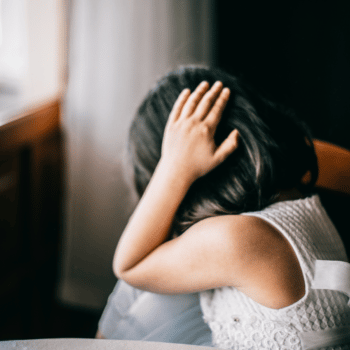What is panic disorder?
<<Back to Traditional Psychiatry
Panic disorder is a form of anxiety disorder expressed through recurring panic attacks, which produce unexpected feelings of extreme alarm and apprehension. These internal fears may result in outward physical symptoms as well, such as chest pain and difficulty breathing.
Panic attacks manifest themselves unexpectedly. There is no predicting when they may occur, which can exacerbate the anxiety they produce. Symptoms of panic may initiate at startling times, possibly during relaxing vacations, amid peaceful times of rest, and even while sleeping.
The feelings of stress initiated by panic attacks often last long after the panic attack has ended. Additionally, many patients experience added anxiety as they begin to anticipate future panic attacks. Understandably, attempts to avoid further attacks generate increased worry.
Who suffers from panic disorder?
It is estimated that approximately 10 percent of U.S. adults suffer at least one panic attack each year. Be aware, though, that one panic attack does not necessarily indicate panic disorder. Panic disorder, characterized by repeated panic attacks, affects a lower percentage of the population – about 2 percent.



